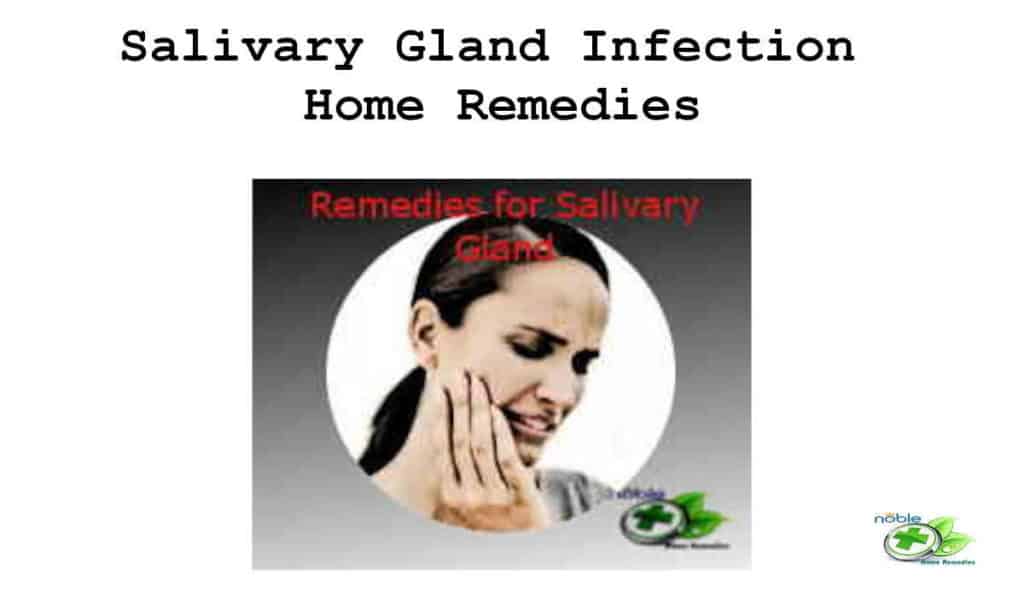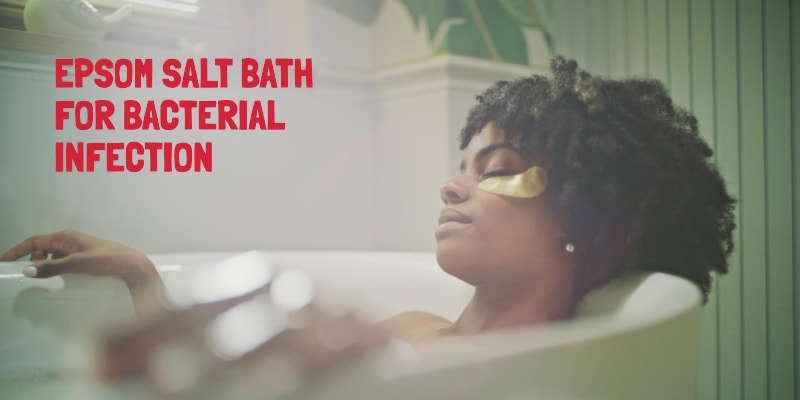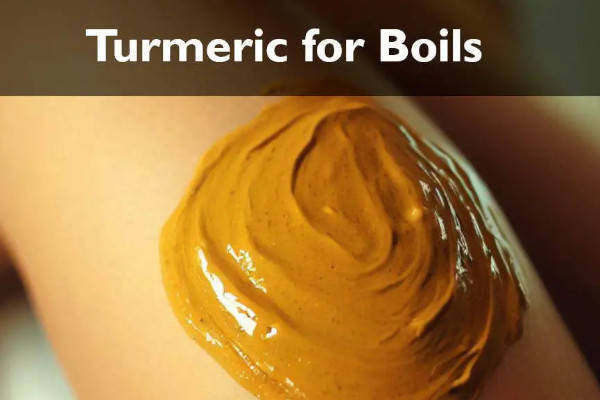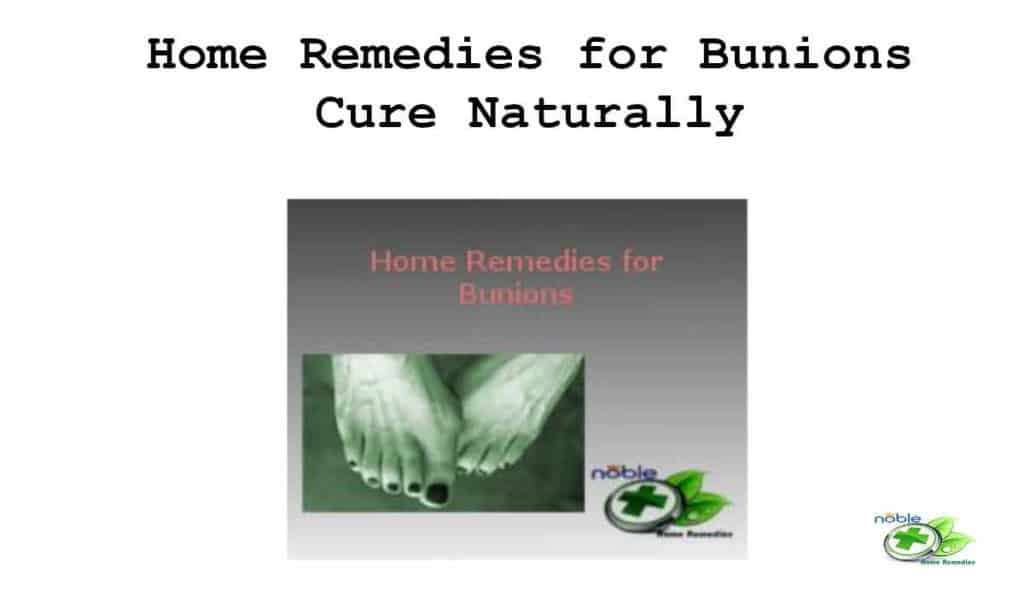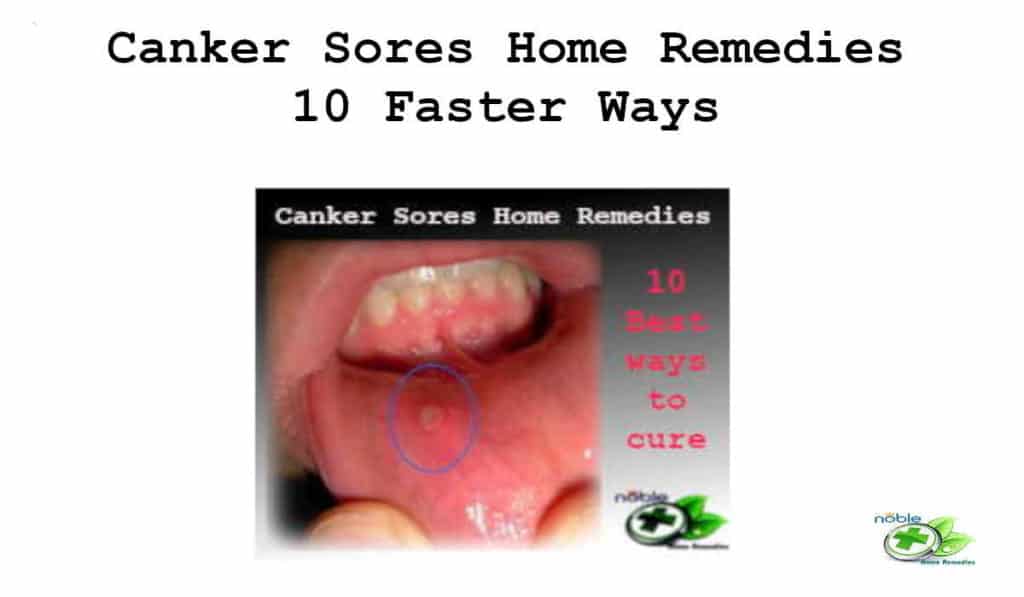How to Get Rid of Bed Bug Bites Overnight: Top 8 Remedies
Have you ever woken up to find yourself covered in itchy red bumps and wondered what could have caused them? Chances are, you may have been bitten by bed bugs. These tiny parasites can wreak havoc on your skin and leave you feeling uncomfortable and frustrated.
Getting rid of bed bug bites is not only important for your physical comfort but also for your mental well-being. The constant itching and discomfort can disrupt your sleep and make it difficult to focus during the day. That’s why it’s crucial to know how to get rid of bed bug bites overnight.
In this post, we’ll be exploring some of the best solutions for getting rid of bed bug bites quickly and effectively. From natural remedies like cold compresses and essential oils to over-the-counter medication options like antihistamines and corticosteroids, we’ll cover everything you need to know to get some relief and a good night’s sleep.
But before we dive into the solutions, let’s first talk a bit more about the problem at hand. What are bed bugs, and why do they bite us? How can we identify bed bug bites, and what are the risks associated with them? Keep reading to find out!
By the end of this post, you’ll have all the information you need to get rid of bed bug bites and prevent them from happening again in the future. So let’s get started and say goodbye to those pesky bed bugs once and for all!
Identifying Bed Bug Bites
If you suspect that you’ve been bitten by bed bugs, it’s important to know how to properly identify their bites. While bed bug bites may share some similarities with other insect bites, there are some distinct characteristics that can help you determine whether or not you’re dealing with a bed bug infestation.
Firstly, bed bug bites tend to be clustered together in a straight or zigzag pattern. They may also appear in a line or a row, which can help differentiate them from other insect bites that tend to be more random and spread out.
Another characteristic of bed bug bites is their appearance. They typically look like small, raised, red welts or bumps, similar to mosquito bites. However, bed bug bites may also have a distinctive center puncture mark or be surrounded by a lighter area of skin.

It’s also worth noting that bed bug bites tend to be very itchy, and the itching can last for several days. Scratching the bites can also lead to secondary infections, which can further exacerbate the problem.
Proper identification of bed bug bites is important for several reasons. Firstly, it can help you determine the severity of the infestation and whether or not you need to take more drastic measures to get rid of the bed bugs. Additionally, proper identification can help you differentiate bed bug bites from other skin conditions, such as hives or eczema, which require different treatment approaches.
If you suspect that you have bed bug bites, look out for clustered bites in a straight or zigzag pattern, raised red welts or bumps with a center puncture mark or lighter surrounding skin, and intense itching that can last for several days. Proper identification is crucial for effective treatment to maintain healthy skin. So don’t hesitate to consult with a healthcare provider or pest control expert if you’re unsure.
Home Remedies to Get Rid of Bed Bug Bites Overnight
If you’re looking for natural ways to get rid of bed bug bites, there are several home remedies that can provide relief and help reduce itching and inflammation. Here are some of the most effective remedies:
- Cold Compress: Applying a cold compress to the affected area can help reduce swelling and itching. Simply wrap some ice cubes in a cloth or use a cold gel pack and place it on the bites for 10-15 minutes at a time.
- Aloe Vera: Aloe vera is well-known for its soothing and healing properties. Apply fresh aloe vera gel to the bites to help reduce itching and promote healing.
- Tea Tree Oil: Tea tree oil has antiseptic and anti-inflammatory properties that can help reduce itching and prevent infection. Dilute a few drops of tea tree oil with a carrier oil such as coconut oil or olive oil, and apply it to the bites.
- Epsom salt: Epsom salt works by drawing out toxins and reducing inflammation, which can help reduce the itchiness and redness associated with boils or bed bug bites. To treat bed bug bites or boils with Epsom salt, start by mixing 2 cups of Epsom salt with warm water in a bathtub or basin. Soak in the solution for at least 15 minutes to allow the Epsom salt to penetrate the skin and reduce inflammation. You can also apply a warm compress soaked in Epsom salt solution directly to the affected area for 10-15 minutes.
- Baking Soda Paste: Baking soda is an alkaline substance that can help neutralize the acidic venom in bed bug bites. Mix baking soda with water to make a thick paste and apply it to the bites. Leave it on for 10-15 minutes before rinsing it off with warm water.
- Apple Cider Vinegar: Vinegar has acetic acid, which can help relieve itching and inflammation. Mix equal parts vinegar and water and apply it to the bites using a cotton ball.
- Essential Oils: Certain essential oils like lavender, peppermint, and eucalyptus have anti-inflammatory and analgesic properties that can help soothe bed bug bites. Dilute a few drops of essential oil with a carrier oil and apply it to the bites.
- Cucumber: Cucumber has cooling and anti-inflammatory properties that can help relieve itching and swelling. Cut a fresh cucumber into slices and place them on the bites for 10-15 minutes.
While these home remedies can provide temporary relief, it’s important to keep in mind that they may not completely get rid of the bed bugs themselves. If you have a severe infestation, it’s best to consult with a professional pest control expert to ensure the complete elimination of the problem.
Medications and Treatments
Bed bug bites can be extremely uncomfortable and sometimes even dangerous. In this section, we’ll discuss some of the medications and treatments that can help alleviate the symptoms of bed bug bites.
- Antihistamines: Antihistamines are a type of medication that can help relieve itching and swelling caused by bed bug bites. They work by blocking the action of histamine, a chemical released by the body in response to an allergen. Antihistamines can be taken orally or applied topically in the form of creams or lotions.
- Topical corticosteroids: Topical corticosteroids are anti-inflammatory medications that can help reduce itching and swelling caused by bed bug bites. They work by reducing inflammation in the affected area. Topical corticosteroids can be applied directly to the skin and are available in various strengths.
- Oral corticosteroids: Oral corticosteroids are more potent anti-inflammatory medications that are taken orally. They are usually prescribed for more severe allergic reactions to bed bug bites. However, they can have significant side effects, and their use should be carefully monitored by a healthcare professional.
- Epinephrine: In rare cases, bed bug bites can cause a severe allergic reaction called anaphylaxis, which can be life-threatening. Epinephrine is a medication that can quickly alleviate the symptoms of anaphylaxis, such as difficulty breathing, swelling of the face or throat, and low blood pressure. If you experience any of these symptoms after a bed bug bite, seek medical attention immediately.
- Immunotherapy: Immunotherapy, also known as allergy shots, is a long-term treatment for allergies caused by bed bug bites. It involves receiving regular injections of small amounts of the allergen to which you are allergic. Over time, this can help desensitize your immune system to the allergen and reduce your symptoms.
It’s important to note that medications and treatments for bed bug bites should only be used under the guidance of a healthcare professional. If you’re experiencing severe symptoms or have a history of severe allergic reactions, seek medical attention immediately.
Prevention
Bed bug bites can be irritating and uncomfortable, but fortunately, there are ways to prevent them from happening in the first place. In this section, we’ll cover some tips for preventing bed bug bites and keeping these pesky pests at bay.
Regular cleaning and inspection: Keeping your home clean and clutter-free is an important step in preventing bed bug infestations. Regularly vacuuming floors, carpets, and furniture can help remove any bed bugs and eggs that may be hiding in your home. It’s also important to inspect your bedding, mattresses, and furniture for any signs of bed bugs, such as small brown or reddish spots, shed skins, or live bugs.
Proper use of bed bug mattress encasements: Using bed bug mattress encasements is an effective way to protect your bed from bed bugs. These encasements are designed to completely cover your mattress and box spring, creating a barrier that bed bugs cannot penetrate. Be sure to choose a high-quality encasement that is specifically designed to prevent bed bugs.
Avoidance of second-hand furniture and clothing: Buying second-hand furniture and clothing can be a great way to save money, but it can also put you at risk for bed bug infestations. Before bringing any second-hand items into your home, be sure to thoroughly inspect them for any signs of bed bugs. If you’re not sure whether an item is infested, it’s best to err on the side of caution and avoid it altogether.
Use of bed bug repellents: How to prevent bed bug bites while sleeping? There are a variety of bed bug repellents available on the market, including sprays, powders, and traps. While these products can be effective in preventing bed bug infestations, it’s important to choose a product that is safe and effective. Look for products that have been tested and proven to be effective against bed bugs, and be sure to follow the instructions carefully when using them.
By following these tips, you can help prevent bed bug bites and keep your home free from these pesky pests. If you do notice any signs of bed bugs in your home, be sure to take action right away to prevent the infestation from spreading.
Takeaway
In this post, we discussed several ways to get rid of bed bug bites overnight. It’s important to identify bed bug bites accurately to start with the proper treatment. Home remedies such as cold compress, aloe vera, tea tree oil, baking soda paste, vinegar, essential oils, and cucumber can help alleviate symptoms. Over-the-counter medications like antihistamines and topical corticosteroids can also provide relief. In severe cases, oral corticosteroids, epinephrine, or immunotherapy may be required, and seeking medical attention is crucial.
Prevention is key to avoiding bed bug bites. Regular cleaning and inspection of your living area, proper use of bed bug mattress encasements, and avoiding second-hand furniture and clothing can help prevent bed bugs from entering your home. Additionally, using bed bug repellents can provide an added layer of protection.
If you are experiencing severe symptoms or an allergic reaction, seek medical attention immediately.
In conclusion, bed bug bites can be a frustrating and uncomfortable experience, but there are several solutions to alleviate symptoms and prevent future bites. With proper identification, treatment, and prevention, you can get rid of bed bug bites and sleep soundly through the night.
Source:
Noble Home Remedies adheres to rigorous sourcing standards, drawing information from peer-reviewed studies, reputable academic research institutions, and esteemed medical journals and associations. We prioritize using high-quality, trustworthy sources to maintain the accuracy and integrity of our content. You can learn more about how we ensure our content is accurate and current by reading our editorial policy.
- Bed Bugs FAQs by Centers for Disease Control and Prevention
- Bed bugs (Cimex lectularius) and the clinical consequences of their bites by Jama Network
- Bed bugs: Diagnosis and Treatment by American Acadamy of Dermatology Association
FAQ
How long does it take for bed bug bites to go away?
Bed bug bites can take anywhere from a few days to a couple of weeks to go away. Mild bites may go away overnight. It really depends on the individual’s reaction to the bites and their immune system. In the meantime, you can try some of the remedies we’ve discussed in our article to help alleviate the itching and discomfort. Don’t forget to regularly clean and inspect your surroundings to prevent further infestations.
Do bed bug bites spread when scratched?
No, bed bug bites don’t multiply if you itch them. But Scratching bed bug bites can cause them to become more inflamed. It’s important to avoid scratching and to treat the bites with proper remedies to reduce itching and promote healing.
How do you stop bed bugs from biting you at night?
There are a few things you can do to stop bed bugs from biting you at night. One of the most effective ways is to regularly clean and inspect your home, especially your sleeping area. You can also use bed bug mattress encasements and avoid buying second-hand furniture and clothing. Additionally, using bed bug repellents and essential oils may help keep bed bugs away. If you do get bitten, try using home remedies like a cold compress or aloe vera to soothe the itching and swelling. Remember, prevention is key to avoiding bed bug bites.
Trust in your purchase:
Every product featured on our site has been carefully researched and selected based on quality, customer ratings, and positive reviews to ensure you receive excellent value for your money.
Please note:
This post contains affiliate links. If you make a purchase through these links, we may earn a small commission at no additional cost to you. This helps support our site and allows us to continue bringing you valuable content. Thank you!
Thank you for your precious time spent with NobleHomeRemedies.
You may also like:
Salivary Gland Infection Home Remedies: Causes, Symptoms, and Risks
Epsom Salt Bath for Bacterial Infection
Epsom Salt Bath for Bacterial Infection: How It Works! The achiness, swelling, chills, fatigue, and…
Healing Beetroot Recipes – Anti-Inflammation
7 Healing Beetroot Recipes to Transform Your Anti-Inflammatory Diet Bringing the “Fire Extinguisher” to Your…
Turmeric for Boils
Turmeric for Boils: Clearer and Calmer Skin – 5 Natural Ways Boils, those painful and…
Home Remedies for Bunions
Home Remedies for Bunions A bunion is a bone growth on the side and bottom…
Canker Sores Home Remedies
Canker Sores Home Remedies 10 Best Ways to Heal This article covers the canker sores…

